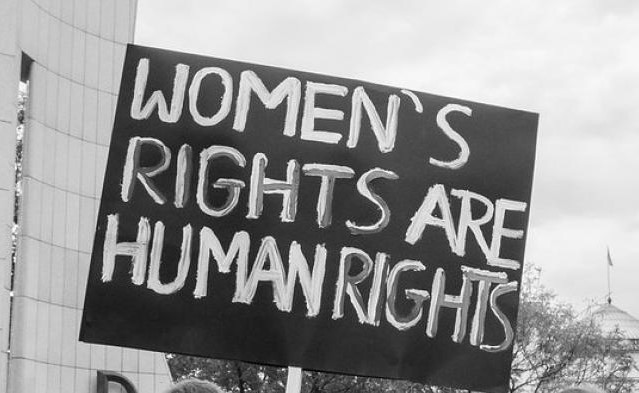Juneteenth 2022

June 19, 1865 is Juneteenth Day, and this year it will be celebrated, as a federal holiday, on Monday, June 20th. Juneteenth is universally characterized as a celebration of the emancipation of enslaved men, women and children from the barbarity of American slavery.
EMANCIPATION feels like an absurd description of events related to the end of slavery. Emancipation is probably the word that made the “emancipator” feel good; how can one be given freedom when freedom is an inherent human right. The use of the word emancipation is even more troublesome when one considers that slavery, as an institution, was founded on the false narratives that Africans were inferior to Whites. Further, emancipation denotes that our enslaved ancestors were truly granted “full” and unabridged freedom, which was not the case.
Juneteenth celebrates the day when, on June 19, 1865, Union Army General Gordon Granger read, in Galveston, Texas, federal orders proclaiming:
“The people of Texas are informed that, in accordance with a proclamation from the Executive of the United States, all slaves are free. This involves an absolute equality of personal rights and rights of property, between former masters and slaves, and the connection heretofore existing between them, becomes that of employer and hired labor. The Freedmen are advised to remain at their present homes and work for wages. They are informed that they will not be allowed to collect at military posts; and that they will not be supported in idleness either there or elsewhere.”
A careful reading of this order leads to the conclusion that formerly enslaved men and women were not totally free. They were free to work for their former slave masters, as hired labor, without the benefit of set wages, benefits, or conditions of employment. They would receive whatever their former masters, now employers, would pay or provide. Where is the “free choice” or “freedom” in that! And, further, they were not allowed to seek shelter at military posts; they were advised “to remain in their present homes.” This is not emancipation.
Our ancestors were brought here in chains, sold as chattel, separated from families and loved ones, forced to labor for free, denied basic decencies, beaten and lynched at the hint of discontent, dehumanized and demoralized, robbed of names, language, culture, and history, and humiliated for the entertainment of others. Now, pursuant to the foregoing orders, they were “free” to work for whatever conditions were set by their former slave masters – now employers – and advised to remain in place, figuratively and literally.
Emancipation does not “feel” like the right word. Subjugation feels more accurate.
Clearly, Juneteenth was only the beginning of our journey to freedom – a journey that continues as we struggle to shed the lingering impact of slavery and subjugation. As we celebrate Juneteenth, let’s continue to demand equity and access for all, including us!
Yours in love and hope,

James Morton
President and CEO
YMCA of Greater Boston



